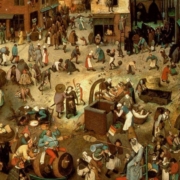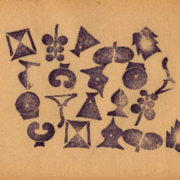Community therapy. Focusing on the foreign body. Effects on patients and caregivers
Abstract
Therapeutic communities are now and have for several decades been used for a wide array of disorders that range from substance abuse to personality disorders, and from subacute to chronic psychosis. These disorders are often intertwined and causes an overly dense diagnostic framework.
It is possible to observe two different perspectives which converge into the therapeutic community system and allow us to pinpoint two pivotal factors of treatment. The first one, which we could define as individual, privileges the protective and facilitating function of the setting, which tends to be seen as a third element, between patient and caregiver, and therefore such that it can permit a one-to-one relationship that would otherwise be made difficult by the intensity of the transference From another standpoint (1), however, collective and group factors must be stressed, insisting on the Read more






